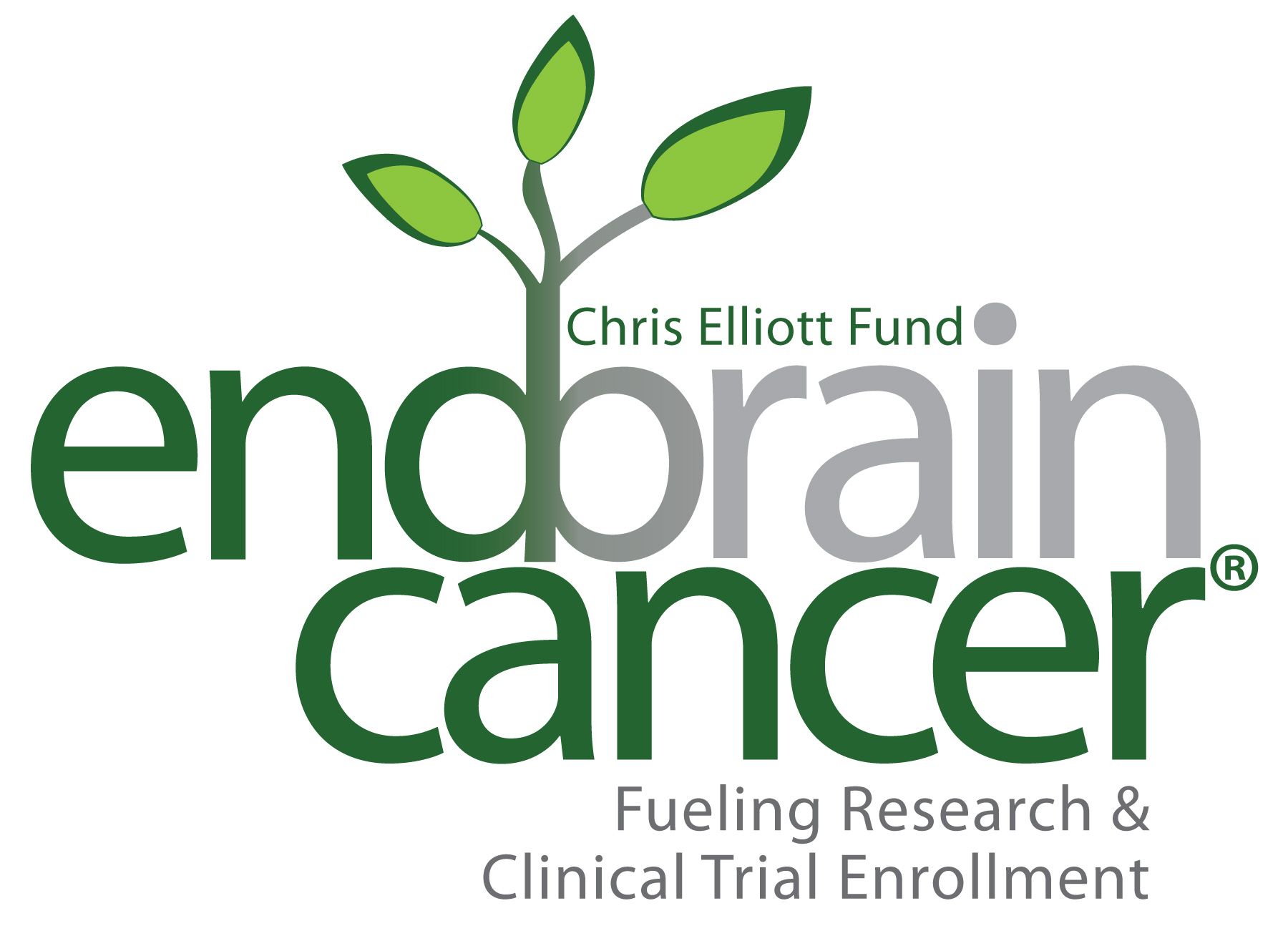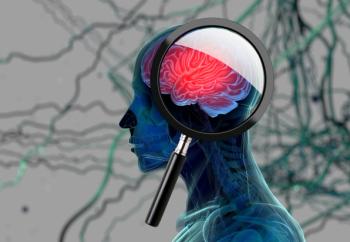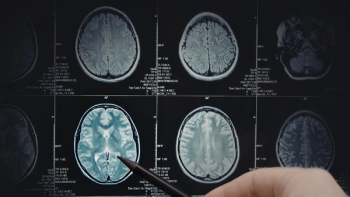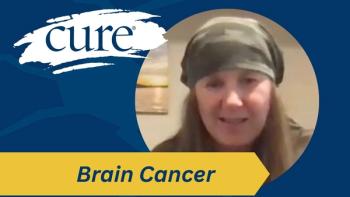
- Spring 2020
- Volume 19
- Issue 2
Having a Say in Shaping Brain Cancer Treatment

The EndBrainCancer Initiative wants patient concerns reflected in national treatment guidelines.
Did you know that patients, caregivers, family members and advocacy organizations can help shape the clinical practice recommendations that guide doctors in treating brain cancer, as well as treatment guidelines aimed at patients?
The EndBrainCancer Initiative (EBCI) has an ongoing opportunity to provide input about clinical practice guidelines as well as patient guidelines released by the National Comprehensive Cancer Network (NCCN), and we want to incorporate insights from the brain cancer community in the next update. We are also asking patients with metastatic disease to the brain to tell us what would make their journey better.
ASKING PATIENTS FOR HELP
The NCCN issues guidelines for physicians that set forth standard treatment protocols for specific cancer types and stages. The aim is to provide standards of care for clinical practice and ensure that all patients have equal access to the most appropriate diagnostic testing and treatments, no matter where they receive care, to ensure the best possible outcome.
It’s important that patients are familiar with these protocols, as well, so they’re able to ask for appropriate diagnostic testing and treatment if they aren’t receiving it. That’s why the NCCN also issues patient versions of its guidelines.
NCCN’s patient guidelines are reviewed and updated periodically to reflect advances in diagnostic testing and treatment of brain cancer and other solid tumors, so it’s imperative that the patient voice be an integral part of these updates, last done in 2016. That’s why we’re asking those in the brain cancer community to tell us what’s meaningful to them when it comes to treatment options and quality of life. We ask that patients email us their suggestions, stories and pictures to
In addition to using these insights to educate the public and pharmaceutical companies
about what’s meaningful to those with brain cancer, we’ll share the feedback with the NCCN for possible inclusion in its patient guidelines on treatments for central nervous system (CNS) cancers — including gliomas and other brain cancers.
We’ll also share some of these patient experiences and suggestions in a white paper we plan to submit to the advisory panel responsible for updating NCCN’s clinical treatment guideline for CNS cancers.
ENSURING APPROPRIATE CARE
The main thrust of our paper will be to communicate our desired guideline updates, along with supporting data. EBCI is seeking grant funding and donations to support this work. Please contact [email protected] if you or your company can help fund this effort.
We want the guidelines to state that patients with brain cancer should, upon diagnosis, have all their treatment options presented to them: clinical trials, surgery, radiation, chemotherapy
and Optune (a wearable device that delivers low- intensity electronic fields, known as tumor treating fields, that help to stop the growth and division of glioblastoma cells).
Furthermore, patients should be advised to take time before surgery to arrange to save their tumor tissue and have genomic testing done on it, with assurance that the tissue will remain available if the patient ever needs it to create a personalized vaccine or for testing to allow enrollment in a clinical trial.
Not every hospital saves patients’ tumor tissue or has genomic testing done on it if patients don’t ask. And even when they do, hospitals often check for just a few genetic mutations/ biomarkers that can help doctors accurately diagnose and categorize a brain tumor and brain cancer.
Patients should know that it’s much better if tumor tissue undergoes next-generation sequencing, which tests for about 500 mutations that could be linked to brain cancer. Scientists are testing drugs that target a variety of mutations, but to enter these clinical trials or get the drugs that target these specific mutations/biomarkers through the FDA’s compassionate use program, patients need to know their tumor’s mutational status.
CONTRIBUTING TO A FINAL DOCUMENT
The most recent NCCN CNS clinical treatment guidelines were published in November 2019, and we’re happy that some of the updates we’ve been advocating for were included.
The guideline encourages genetic testing of brain tumor tissue but does not demand it; however, it does tell physicians to test the tissue for expression of the proteins IDH1 or IDH2, and for methylation of the enzyme MGMT, meaning it has undergone chemical changes. The MGMT information is critical in informing the treatment decision since these characteristics mean the tumor is more likely to respond well to alkylating chemotherapy, such as Temodar (temozolomide).
In March 2020, the NCCN updated the documents with preferred practices that will probably be finalized as recommendations in the November 2020 publication. In that document, we are hopeful that the NCCN will state that the standard of care for gliomas must include the saving of tumor tissue, patient access to it, next-generation sequencing and the use of that data to stratify patients into appropriate clinical trials, whether at the patient’s treating facility or somewhere else. In our white paper, we’ll argue that this is not only important from a patient perspective, but also in the research world. Think about how much research data is being lost in this patient population, and how that’s stifling research and clinical trial enrollment!
KEEPING PATIENTS INFORMED
To further be a part of the NCCN’s process, EBCI has entered into a permissions agreement to distribute the patient version of the CNS guideline. We’ll offer it online and will seek grants and donations to distribute this information in hard copy as we feel it’s incredibly important to get this into everyone’s hands.
Finally, we will soon be listed in the NCCN patient guidelines for CNS tumors as an endorser, which will help patients with brain cancer find us and seek our help. EBCI can then connect these patients to a brain tumor center that routinely performs next-generation sequencing and offers a wide variety of treatment options.
Our mission every day is to introduce patients and their caregivers to brain tumor specialists and/or clinical trials and advanced care. Through our national Direct Connect program, we provide education and help patients to manage distress, create action plans, find second opinions, work with health insurers, search for clinical trials, seek compassionate use of drugs and fill the role of patient navigator to guide them through the process.
To use Direct Connect, contact clinical research nurse and patient navigator Delores Kannas, M.S.N., M.H.A., RN, by filling out EBCI’s patient/caregiver inquiry form at endbraincancer.org/inquiry-form/, emailing Delores@ EndBrainCancer.org or calling her directly at 424-444-2215 Monday through Thursday, 10 a.m. through 4 p.m. PT.
Articles in this issue
over 5 years ago
Shining A Light on Lynch Syndromeover 5 years ago
House Call: COVID-19 Concerns Are Interrupting Cancer Treatmentover 5 years ago
Coming Clean: Protecting Yourself From Bacteria on Endoscopesover 5 years ago
Lung Cancer Screening Awareness Can Save Livesalmost 6 years ago
Seeking Clarity Through Brain Fog After Cancer Treatment


